The Audi A3 (8V) General Maintenance Workshop Manual is your go-to guide for routine maintenance and upkeep of your Audi A3. This comprehensive manual provides step-by-step instructions for a wide range of maintenance tasks, ensuring that your vehicle remains in peak condition. Whether you’re a professional mechanic or a hands-on owner, this manual offers the expert guidance you need to maintain the performance, safety, and longevity of your Audi A3.
Key Features:
- Comprehensive Maintenance Procedures: Covers essential tasks such as oil changes, filter replacements, tire rotations, brake inspections, and more.
- Step-by-Step Instructions: Clear and detailed guidance to help you perform maintenance tasks accurately and efficiently.
- OEM Standards: Ensure all maintenance is performed according to Audi’s original specifications for optimal performance and safety.
- Troubleshooting Tips: Expert advice on identifying and addressing common maintenance issues to prevent long-term problems.
- User-Friendly Format: Easy-to-navigate layout for quick access to the information you need, whether you’re a professional or a DIY enthusiast.
Format: PDF
Pages: 154
Delivery: The download link will be promptly delivered to your email upon completing the checkout process.
Covered Audi Vehicles:
- Audi A3 Limousine China 2014 ➤
- Audi A3 Sportback China 2014 ➤
Contents:
- General information
- — Change history —
- Engine number
- Vehicle identification number
- Vehicle data sticker
- Warnings for high-voltage vehicles
- Preparations
- Vehicle: raising
- Engine cover panel: removing and installing
- Noise insulation: removing and installing
- Window regulators: activating automatic open/close function
- Vehicle diagnostic tester: connecting
- Maintenance
- Diesel particulate filter: reading out ash deposit volume
- Event memory: reading out and erasing
- Service interval display: resetting service
- Transport mode: deactivating
- Transport mode: checking activation and activating if necessary
- Rollover bars: checking function with convertible roof open
- High-voltage battery: charging
- High-voltage battery on electric vehicles and hybrid vehicles: determining and recording state of charge (SOC)
- High-voltage battery on electric vehicles and hybrid vehicles: charging to a state of charge (SOC) of 3/4 according to manufacturer’s instructions
- Battery: reading out status and sending diagnostic log
- Battery: checking that battery and battery cables are securely fitted
- Battery: checking electrolyte level
- Battery: connecting stationary battery charging unit (min. 30A, charging voltage max. 14.8 V on IV characteristic curve)
- Battery: determining and recording state of charge (SOC)
- Mirror hanger indicating defective battery: renewing battery on affected vehicles
- Brake fluid: changing
- Brake fluid (vehicles older than 12 months): changing
- Brake fluid: checking fluid level
- Brake system: checking condition of brake hoses, and checking that caps are fitted on bleeder screws
- Brake pads: checking thickness
- Brake discs: checking for surface rust and operating brakes to clean if necessary
- Parking brake: releasing
- Tyres: checking condition and wear pattern, and checking and recording tread depth
- Tyres: checking tyre pressures and adjusting if necessary
- Tyres (except spare wheel): checking tyre pressures and adjusting to 3.5 bar if necessary
- Tyre Pressure Loss Indicator: storing changed tyre pressures
- Tyre repair kit: checking that set is complete, and checking and recording expiry date
- Wheel bolts: tightening to specified torque
- Suspension struts on front and rear axle: removing locking elements
- Axles (front and rear): checking components for play, secure attachment and damage, and checking protective boots
- Engine, gearbox, final drive and steering: checking for leaks and damage
- Vehicle (from below): checking for damage
- Underbody: checking trim, wheel housing liners, side members and pipes/wiring for damage, and checking that they are properly secured
- Roof insert: checking operation
- Roof insert – sliding/tilting sunroof: cleaning and lubricating
- Roof insert – panorama sunroof: checking, cleaning and lubricating
- Bonnet arrester hook: lubricating
- Windscreen/rear window washer system: checking spray pattern and adjusting if necessary
- Wiper blades: checking for damage
- Headlight washer system: checking operation
- Headlights: checking for correct adjustment
- Headlights and reversing lights, side lights, number plate lights, turn signals, hazard warning lights: checking operation
- Luggage compartment lighting: checking operation
- Luggage compartment: removing protective film and felt pieces
- Glove box light, interior lighting and reading light: checking operation
- Horn: checking operation
- Front passenger airbag: checking key switch on / off and setting to “on”
- Owner’s literature: checking that all documents are present
- Owner’s literature: placing quick reference guide where it is visible to driver
- Service Schedule: affixing vehicle data sticker
- Service Schedule: entering Delivery Inspection
- Seat belts: checking that retaining rivets are fitted, and checking locking action of automatic belt retractor
- Vehicle interior: removing protective covers for seats and carpet
- Vehicle interior: checking that it is clean and cleaning if necessary
- Vehicle interior: removing any objects other than those protecting interior surfaces
- Vehicle interior and exterior: checking for and documenting any damage
- Instrument cluster: checking warning lamps
- Warning triangle: checking availability
- First-aid kit: checking and recording expiry date
- Vehicle keys: checking operation and recording number of keys given to customer
- Vehicle key: removing from ignition lock
- Vehicle key(s), wheel covers and owner’s literature: checking availability and recording number present
- Sun visors: checking that they are folded up and folding up if necessary
- Luggage compartment cover and sun blind: checking that they are rolled up and rolling up if necessary
- Engine oil: draining
- Engine oil: extracting
- Engine oil: renewing oil filter
- Engine oil: filling up
- Engine oil: checking oil level and correcting if necessary
- Spark plugs: renewing
- Coolant level: checking (fill level should be at top marking on coolant expansion tank; level may be above top marking, but not below it)
- Cooling system for high-voltage system: checking anti-freeze protection and coolant level, and correcting if necessary
- Air cleaner: renewing filter element and cleaning housing
- Dust and pollen filter: renewing
- Natural gas system: checking for damage and leaks
- Filler connection for natural gas: checking condition and cleaning if necessary
- Fuel filter: renewing
- Fuel filter: draining
- Fuel tank: adding fuel additive
- Reducing agent (AdBlue®): filling up tank completely
- Vehicle doors: removing edge protection
- Vehicle exterior: checking unprotected areas for dirt, and cleaning if necessary
- Vehicle exterior: removing protective film
- Protective transport film and car cover: checking position and correcting if necessary
- Protective transport film: renewing according to manufacturer’s instructions
- Car cover: renewing according to manufacturer’s instructions
- Paintwork, trims, side windows and wiper blades: checking cleanliness
- Body: checking vehicle paintwork for damage and corrosion from below and with bonnet, rear lid and doors open
- Vehicles parked outdoors: locking
- Vehicles parked outdoors: covering unprotected vehicles with protective transport film and car cover (not for vehicles with control number 5K0)
- Road test
- Stock vehicles: observing measures specified in Maintenance table for stock vehicles (see “Before handing vehicle over to customer”)
- Type 2 charging cable: checking that cable is present and complete
- Charging system: checking that system is present and complete
- Charging socket: checking for dirt and damage
- Accessories: installing
- Check list “Documentation of cleaning and care routine”: checking availability
- Check list “Documentation of cleaning and care routine”: signing and placing in vehicle wallet
- Cleaning and care: checking that required measures have been carried out on time
- Stock vehicle care management: deciding and recording date of next check
- Front final drive: changing gear oil
- Display instruments: setting time and date
- Manual gearbox/automatic gearbox: selecting 1st gear/park
- Dual clutch gearbox (S tronic): changing ATF
- Dual clutch gearbox (S tronic): changing gear oil and renewing oil filter
- Four-wheel drive coupling: changing oil
- Interior mirror: calibrating compass
- Instrument cluster: resetting driver information system
- Toothed belt for camshaft drive: renewing
- Toothed belt for camshaft drive and tensioning roller: renewing
- Natural gas tank: renewing






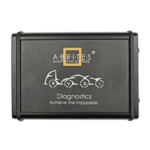 Abrites AVDI J2534
Abrites AVDI J2534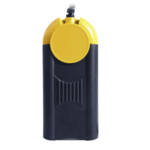 Actia Multi-Diag
Actia Multi-Diag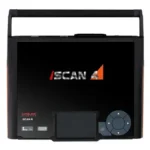 Autoland iSCAN
Autoland iSCAN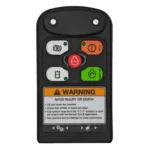 Bobcat Diagnostic Kit
Bobcat Diagnostic Kit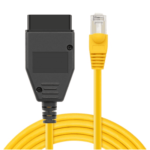 BMW ENET
BMW ENET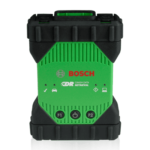 Bosch Mastertech II J2534
Bosch Mastertech II J2534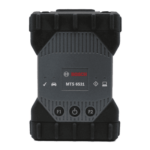 Bosch MTS 6531
Bosch MTS 6531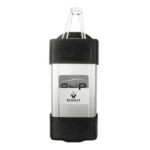 CAN CLIP RLT2002
CAN CLIP RLT2002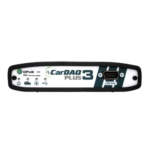 CarDAQ-Plus 3
CarDAQ-Plus 3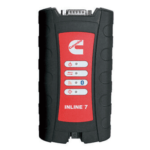 Cummins INLINE Datalink
Cummins INLINE Datalink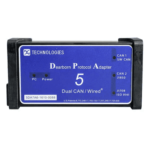 Dearborn Protocol Adapter (DPA) 5
Dearborn Protocol Adapter (DPA) 5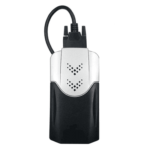 Delphi/Autocom DS150E
Delphi/Autocom DS150E DrewLinQ
DrewLinQ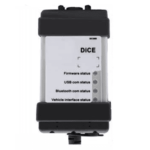 Volvo VIDA DiCE
Volvo VIDA DiCE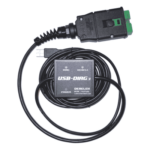 Derelek USB DIAG 3
Derelek USB DIAG 3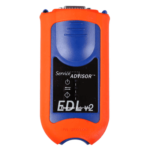 Electronic Data Link (EDL) 2
Electronic Data Link (EDL) 2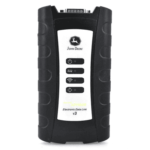 Electronic Data Link (EDL) 3
Electronic Data Link (EDL) 3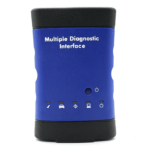 GM MDI 1
GM MDI 1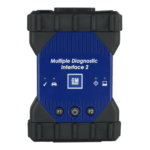 GM MDI 2
GM MDI 2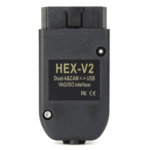 HEX-V2 VCDS VAG-COM
HEX-V2 VCDS VAG-COM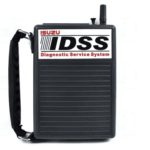 Isuzu IDSS IDS MX1
Isuzu IDSS IDS MX1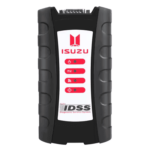 Isuzu IDSS IDS MX2
Isuzu IDSS IDS MX2 Iveco Eltrac E.A.SY. ECI
Iveco Eltrac E.A.SY. ECI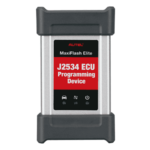 MaxiFlash Elite J2534
MaxiFlash Elite J2534 MB Star C6
MB Star C6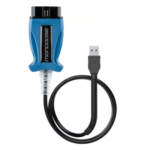 Mongoose J2534
Mongoose J2534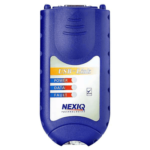 Nexiq USB-Link 1
Nexiq USB-Link 1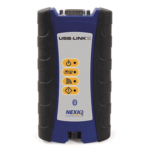 Nexiq USB-Link 2
Nexiq USB-Link 2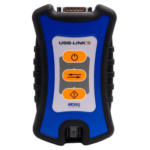 Nexiq USB-Link 3
Nexiq USB-Link 3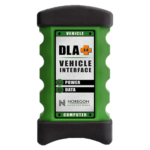 Noregon DLA+ 2.0
Noregon DLA+ 2.0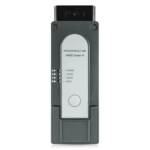 Porsche PIWIS TESTER 3 (PT3G)
Porsche PIWIS TESTER 3 (PT3G)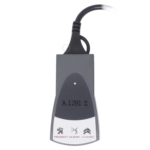 PSA LEXIA 3
PSA LEXIA 3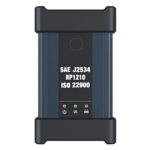 SAE J2434
SAE J2434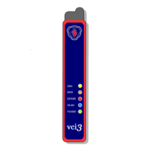 Scania VCI 3
Scania VCI 3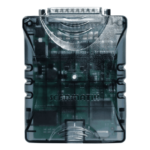 Scanmatik 2 PRO
Scanmatik 2 PRO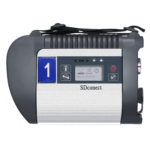 SD Connect Multiplexer
SD Connect Multiplexer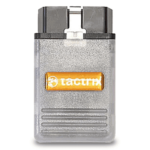 Tactrix OpenPort 2.0
Tactrix OpenPort 2.0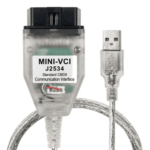 Toyota TIS Mini VCI
Toyota TIS Mini VCI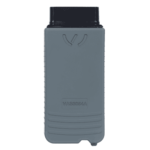 VAG ODIS VAS5054 Clone
VAG ODIS VAS5054 Clone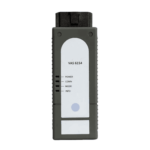 VAG ODIS VAS6154 Clone
VAG ODIS VAS6154 Clone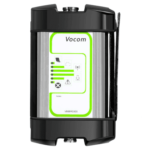 Volvo VOCOM 1
Volvo VOCOM 1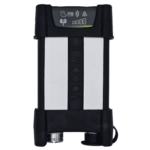 Volvo VOCOM 2
Volvo VOCOM 2 Xentry VCI
Xentry VCI Yanmar Diagnostic Interface Box (IFBOX)
Yanmar Diagnostic Interface Box (IFBOX)

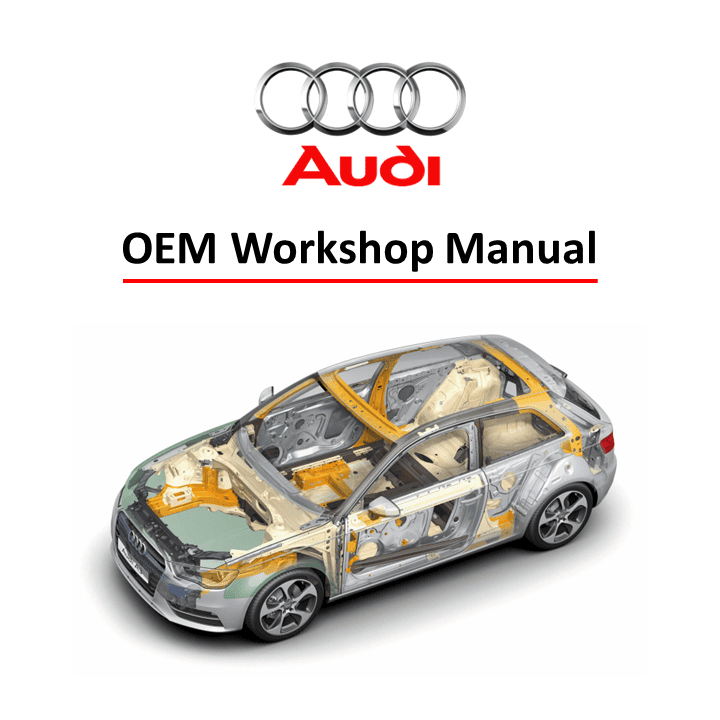

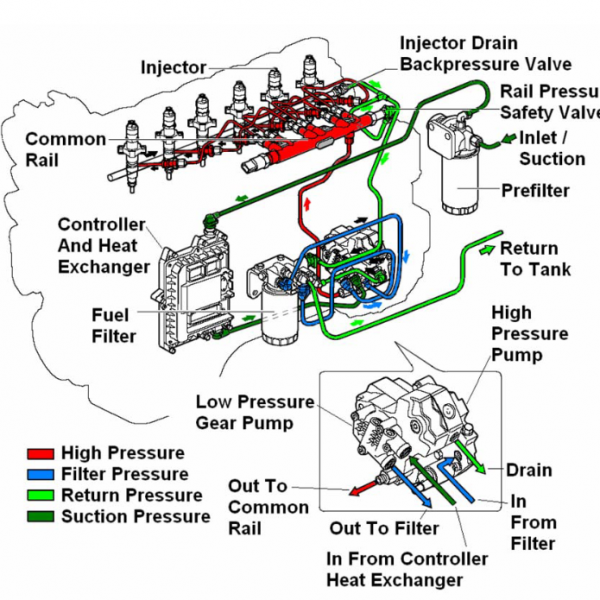

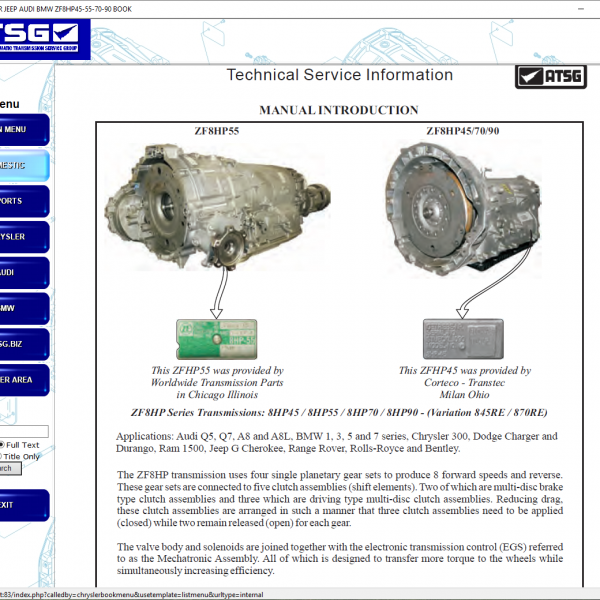
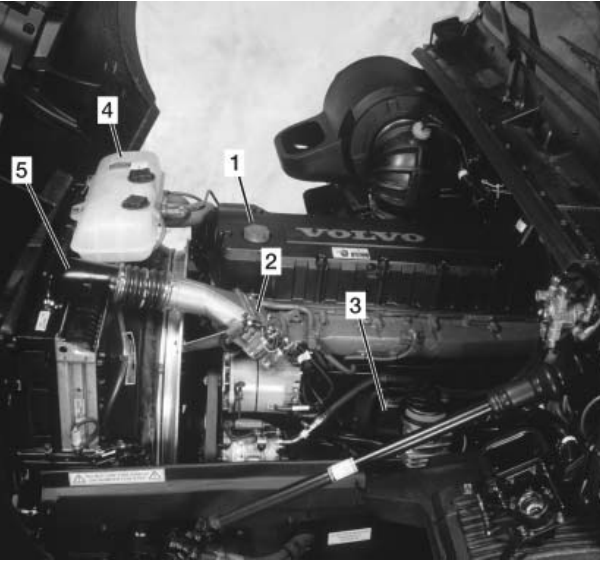
Reviews
Clear filtersThere are no reviews yet.